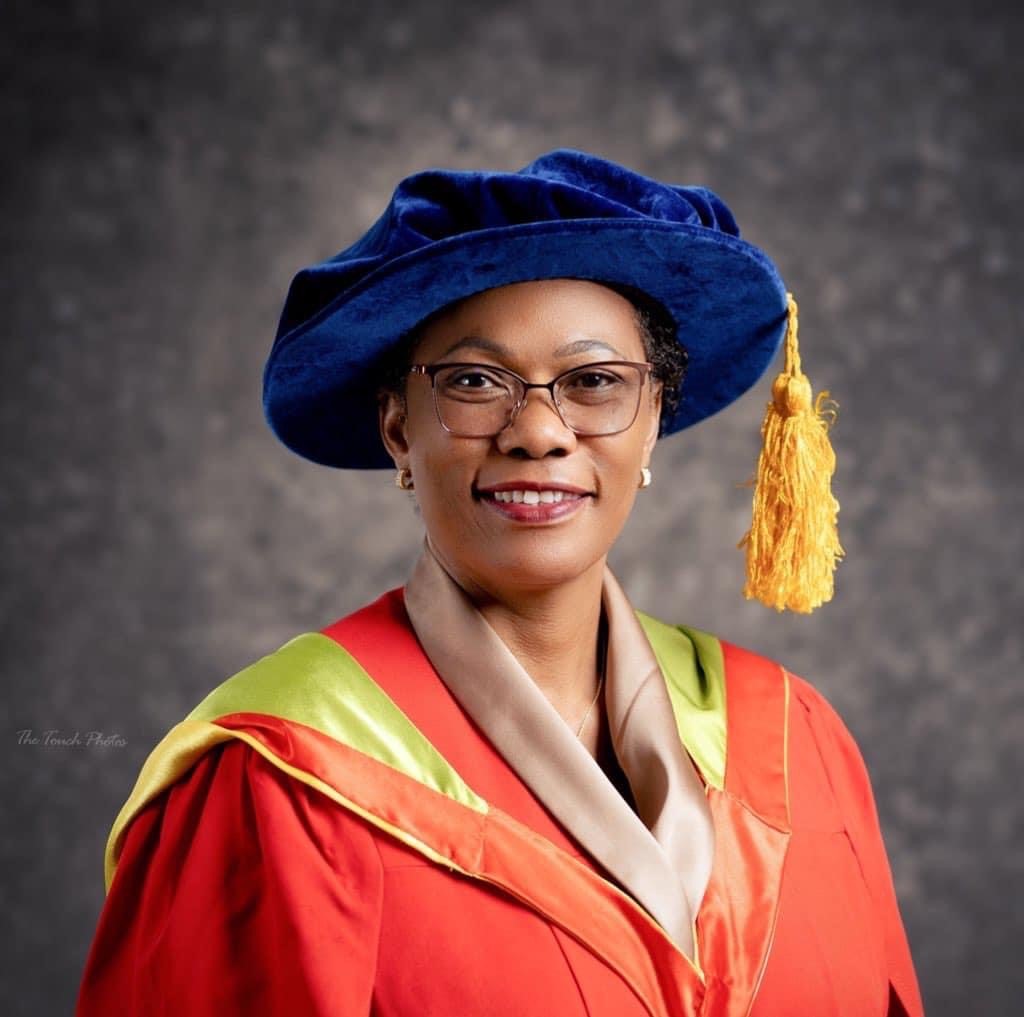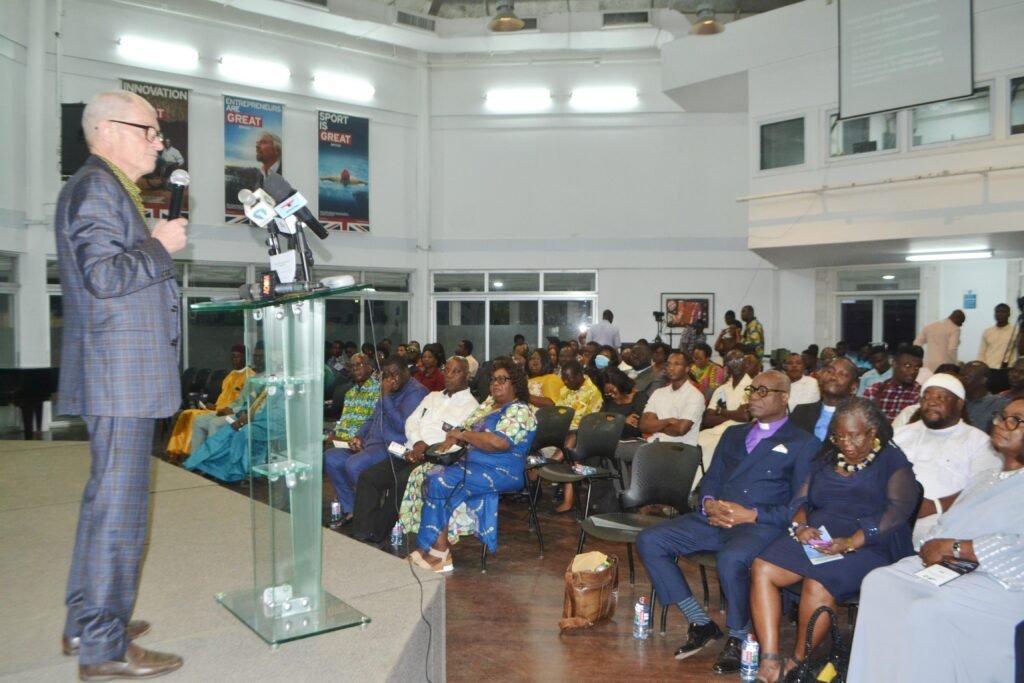
A former Rector of the Ghana Institute of Management and Public Administration (GIMPA), Prof. Steven Adei, has lauded the "Ghana beyond aid" agenda as a good articulation of a national vision and, probably, the first since the Nkrumah administration.
Prof. Adei said the "Ghana beyond aid" agenda was a timely and credible development vision, a powerful driving force and transformational agenda which required deliberate and strategic measures to achieve it.
These measures and strategies, he said, included sustained quality leadership and commitment, attitudinal change, efficient and professional government institutions, strict adherence to the rule of law, quality social capital, sustained improvement in economic infrastructure, a quantum shift in the conduct of politics, an efficient labour market and a strong anti-corruption regime.
Prof. Adei was speaking at a public lecture on the topic: Ghana beyond aid: how can we get there?
The lecture, organized by the Institute of Chartered Accountants, Ghana (ICAG), was the first of the quarterly public lectures in the year 2018.
The lectures were instituted to provide a platform for the Institute to present is views on national issues or discuss national and key government policies.
Prof. Adei said to be able to achieve the vision of a Ghana beyond development aid from foreign donors; the quality of leadership should not be limited to the president or presidency, but that the president should carry along his ministers.
He said the vision of a Ghana beyond aid required a massive economic infrastructure, including an efficient national railway network and a significant reduction in the cost of doing business.
He called for a new Ghanaian with a complete change of mentality and attitude towards the state and state property, and values and work ethics which, he said, required a deliberate and consistent change management effort and programme.
Prof. Adei said weaning the country of development aid called for abhorrence of mediocrity, the rigorous application of laws and sanctions for deviant behaviour, including irresponsible waste disposal habits.
He identified quality pre-university education as a pre-requisite for the achievement of the vision of a Ghana beyond aid.
On a strong anti-corruption regime, he said the Auditor-General should be supported to be effective, adding that the procurement law had not helped in checking corruption.
Furthermore, he said, there was the need to change the laws of the country to make a person accused of corruption prove how he or she came by his or her wealth.
Prof. Adei bemoaned the wide disparity between public sector wages and that of Article 71 office holders which, he said, should not occur if the vision of a Ghana beyond aid was crystalized.
He condemned the perpetual conflict between the opposition and government in power which, he said, should stop, adding that civil society should facilitate and ensure a quantum change in the conduct of politics.
He urged the opposition to interrogate the vision of a Ghana beyond aid and make inputs into it.
Prof Adei was emphatic that Ghana had the capacity to achieve the status of a real middle-income country in a generation of 25 years and that the vision of a Ghana beyond aid should be anchored on a strong national development agenda.
In another presentation, a Social Policy Advisor of the Ministry of Finance, Dr Yaw Ansu, said the vision of a Ghana beyond aid should not be taken to mean a total rejection of foreign aid.
Dr Ansu said the vision of a Ghana beyond aid would usher in a sustainable natural resource extraction, strong public-private sector collaboration, massive investment and efficient use of resources, increased domestic revenue mobilization and the attraction of external private finance.
The Chairman for the occasion, Ms Rebecca Atswei Lomo, urged the Ministry of Finance to formulate, as a matter of urgency, a policy and an agenda for achieving the Ghana beyond aid vision.
Ms Lomo urged the Ministry of Finance to partner the churches in bringing about the attitudinal changes that would enhance the success of the Ghana beyond aid vision.
She also stressed the need to explore the possibilities of taxing the Church to enhance domestic revenue.
Source: ISD (G.D. Zaney)
Read Full Story


















Facebook
Twitter
Pinterest
Instagram
Google+
YouTube
LinkedIn
RSS